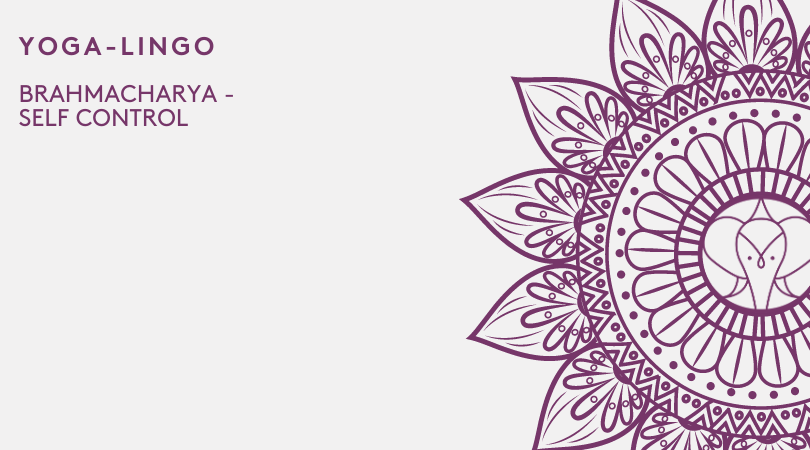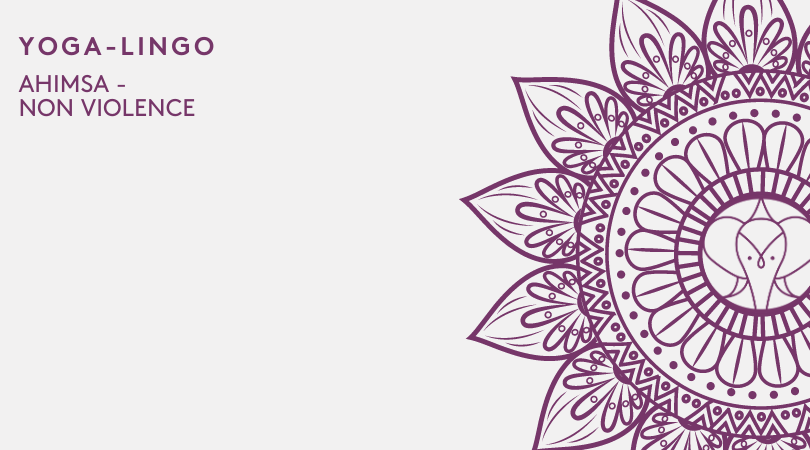Setu Bandha Sarvangasana - Bridge Pose
Setu Sarvangasana is in the lying down and Intermediate Level of Aasanas category. Also called Setu Bandhasana, Dwi Pada Pitham, Shoulder Pose, Two-Legged Table, Half Wheel Pose, Kandhrasana, it has more scientific benefits as compared to other types of asanas.
Setu Sarvangasana comes from three Sanskrit names. Setu means “bridge,” Bandha means “bind” or “lock,” and asana means “posture” or “seat.” The name, therefore, suggests that the posture resembles a bridge. It is the spine that forms a bridge-like curve in this pose.
Step by Step Instructions
Lie supine on the ground
If necessary, put a thickly folded blanket under the shoulders to protect the neck
Bend the knees and set the feet on the ground and the heels as close to your sitting bones as possible
Exhale and, pressing the arms and inner feet actively into the ground, push the tailbone upward in the direction of the pubis, firming and not hardening the buttocks
Lift your buttocks off the ground
Keep the inner feet and thighs parallel
Clasp your hands below the pelvis and extend through your arms to help you remain on your shoulder’s tops
Lift the buttocks until your thighs are close to parallel to the ground
Keep the knees directly over your heels. However, push them forward, farther from your hips, and lengthen your tailbone toward your knees’ backs.
Lift your pubis toward your navel
Slightly lift the chin away from your sternum
Firming your shoulder blades against the back, press the sternum’s top toward your chin
Firm your outer arms, broaden your shoulder blades, and attempt to raise the space between them at your neck’s base (at the point it is resting on the folded blanket) up into your torso
Stay in this stance from between 30 seconds to a minute. With an exhalation, release, slowly rolling your spine down onto the ground
Modifications
If you find it difficult to support your pelvis’ lift in the Bridge Pose after taking the pelvis away from the ground:
Slide a bolster or block under the sacrum
Rest your pelvis on the support
Preparatory Poses
Bhujangasana
Urdhva Mukha Svanasana
Virasana
Matsyasana (Fish Pose)
Ardha Halasana (Half Plough Pose)
Follow Up Poses
Bhujangasana
Urdhva Mukha Svanasana
Urdhva Dhanurasana
Salamba Sarvangasana
Benefits
Stretches the spine, chest, and neck
Calms the brain
Helps alleviate mild depression and stress
Stimulates lungs, thyroid glands, and abdominal glands
Rejuvenates tired legs
Helps relieve menopause symptoms
Improves digestion
When you perform with support, it relieves menstrual discomfort
Reduces anxiety, fatigue, headache, backache, and insomnia
Therapeutic for sinusitis, asthma, osteoporosis, and high blood pressure
Bandhas
Mula Bandha
Drishti
Concentrate your gaze toward the sky while doing this pose
Variations
There are so many variations of the Bridge Pose. Some of them are:
Eka Pada Setu Bandha Sarvangasana
Supine Pelvic Tilt Tuck
Setu Bandha Sarvangasana Variation Heels
Setu Bandha Sarvangasana Variation Arm
Pose Type
Backbend
Stretch
Strength
Supine
Beginner Tips
Once you’ve rolled your shoulders under, ensure that you don’t pull them with force away from the ears. This tends to overstretch your neck. Lift the shoulders’ tops slightly toward your ears and push your inner shoulder blades away from your spine.









